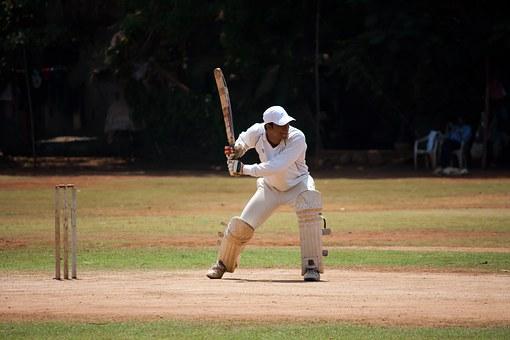Prohibition has always been a very controversial and widely debated topic. For as long as humans have enjoyed certain vices others have looked to regulate, and in many cases, ban them. Arguably the most famous case was during the early 20th century in the United States when alcohol was banned which, as it always does, simply drove people underground and created crime syndicates who profited from the fact that people are willing to do things even if they are illegal.
Prohibition is also something that has long applied to betting, especially betting on sport. In the United States sports betting is illegal outside of Las Vegas. For a country with two of the world’s casino hubs in Atlantic City and Las Vegas this seems utterly bizarre but is one of many internal contradictions that besets the United States. Despite it being banned there, The Chicago Times estimates that around $150 billion to $450 billion is spent annually on illegal sports betting in the United States. Banning sports betting has long been a plaster over a bullet wound, it doesn’t make a difference and drives the problem underground.
India has faced similar problems, currently betting on cricket in India is illegal. In a country where cricket is more of a religion than a mere sport, people are not allowed to bet at all. It is not as if there is a limit or it’s highly regulated, it is simply outlawed. As with the United States, this ban has failed to make much of a difference on whether people bet on cricket. Estimates suggest that hundreds of millions of dollars are spent on unregulated and illegal sports betting in India and the government is not getting a single penny in tax revenue while people’s bets remain unregulated and unprotected.
As with the prohibition of alcohol and drugs, when people have no idea if what they are being sold is actually what they are being told it is, Indian’s have no protection if they have their money stolen or are not given what they are owed. There is an even more nefarious consequence of the fact that sports betting, both online betting and offline betting, is banned. Experts have warned that the ban on betting has made it easier for spot fixers to influence and distort the betting market as they work with illegal bookmakers. Illegality breeds illegality and in a world where it is a struggle for Indian police to investigate illegal bookmarkers it is even harder to catch spot fixers.
Cricket was rocked when a set of Pakistani cricketers were banned after being caught in a newspaper sting where they agreed a deal to bowl no-balls at a certain point during a Test Match. This made it clear that spot fixing was a problem in cricket and it was suggested that the fact so much cricket gambling was completely unregulated exacerbated the situation. Indian rules then both do not seem to work and put matches at greater risk of outside influence.
For these reasons, The Law Commission of India seem set to recommend that cricket gambling becomes legal in India, it would, the commission suggest, be highly regulated but it would be allowed. The commission was asked to look at the issues caused by India’s ban on gambling in 2016 by India’s Supreme Court and clearly feel that prohibition is not working. They highlighted online betting as a particular issue as it was so hard to prevent with so many different ways of getting round blocks. Gamblers have used VPN’s, the dark web and other tools to breeze past any blocks put in place by the Government and thus make a mockery of the ban.
The regulation though would make sure that it would not be that similar to the UK’s relatively relaxed rules on betting on cricket. One suggestion is that Indians will only be allowed to bet a fixed amount based on their income. Another is that people will only be allowed to bet a certain number of times in a calendar year making which would hopefully ensure that issues related to gambling are kept to a minimum.
Any new law would attempt to fully criminalise match fixing and make sure there were strong punishments for anyone who wanted to try and influence cricket matches. India looks ready to admit they have an issue and solve it, a stance which seems to be becoming rarer in modern politics and one that should be applauded.












